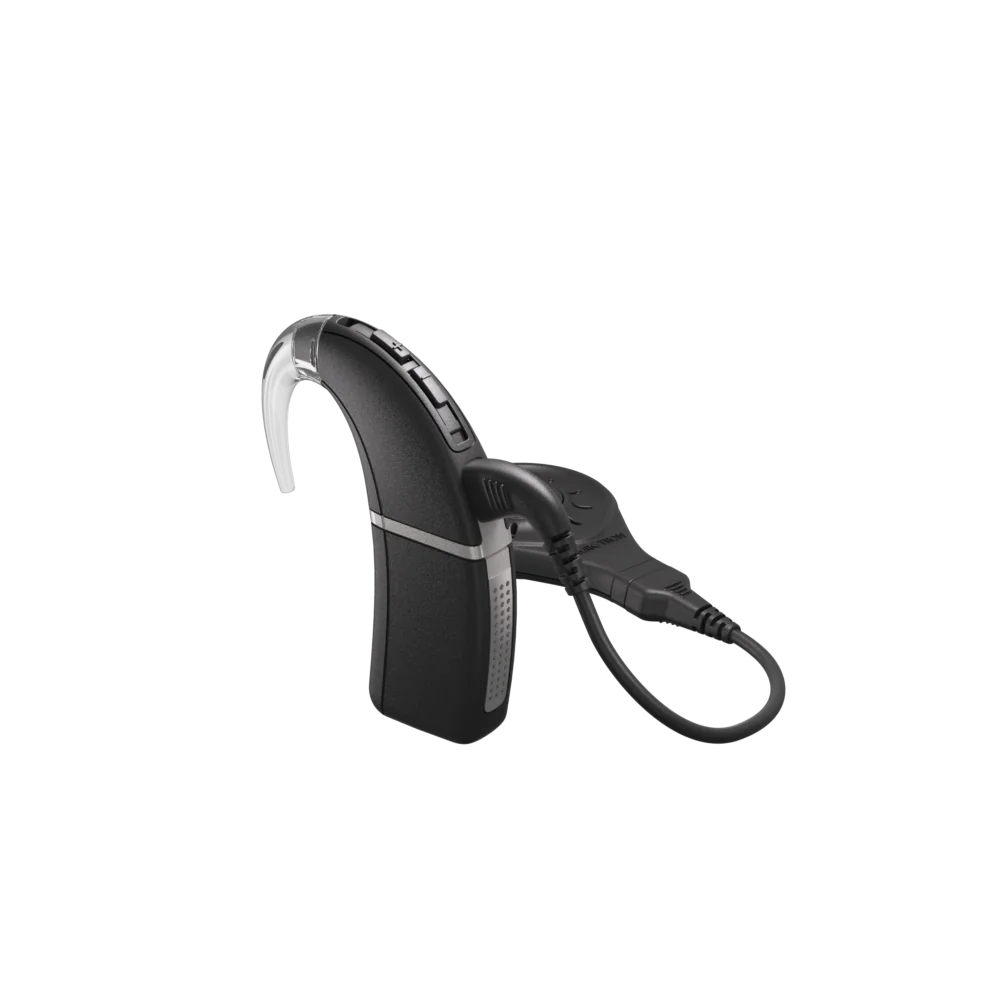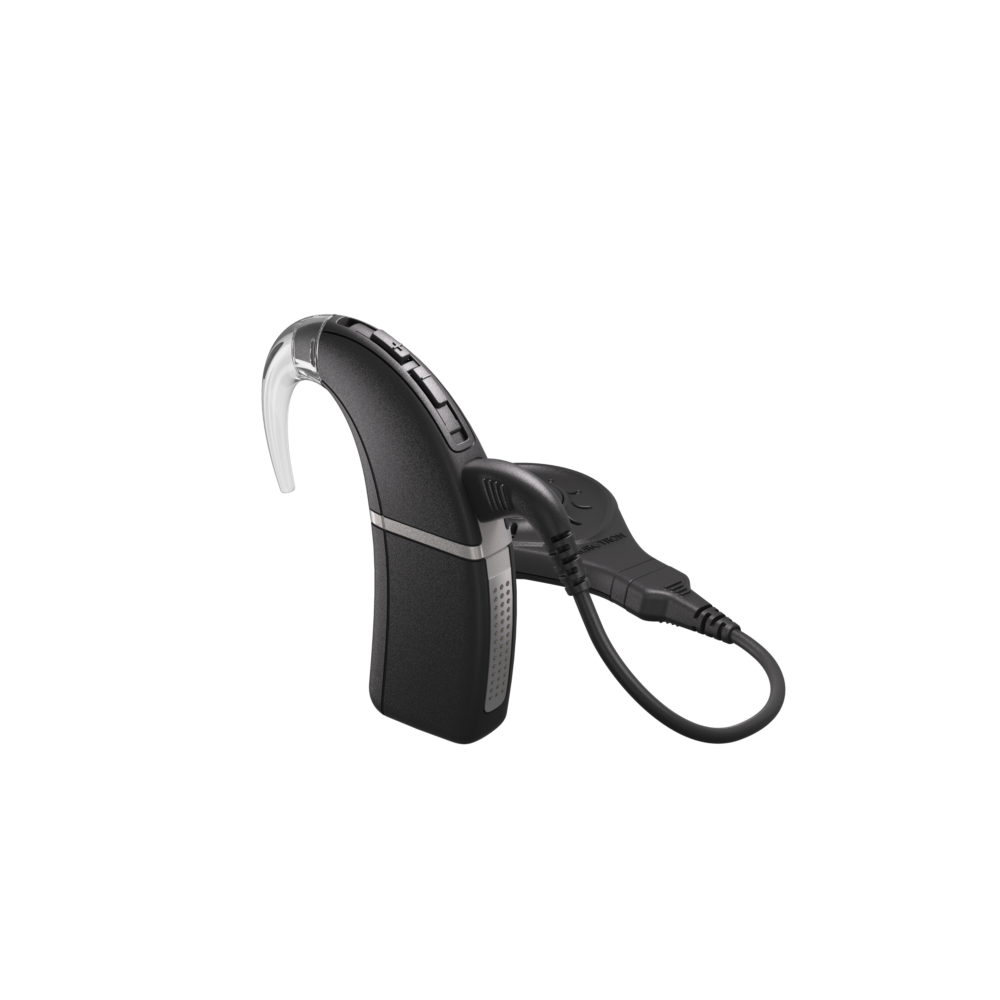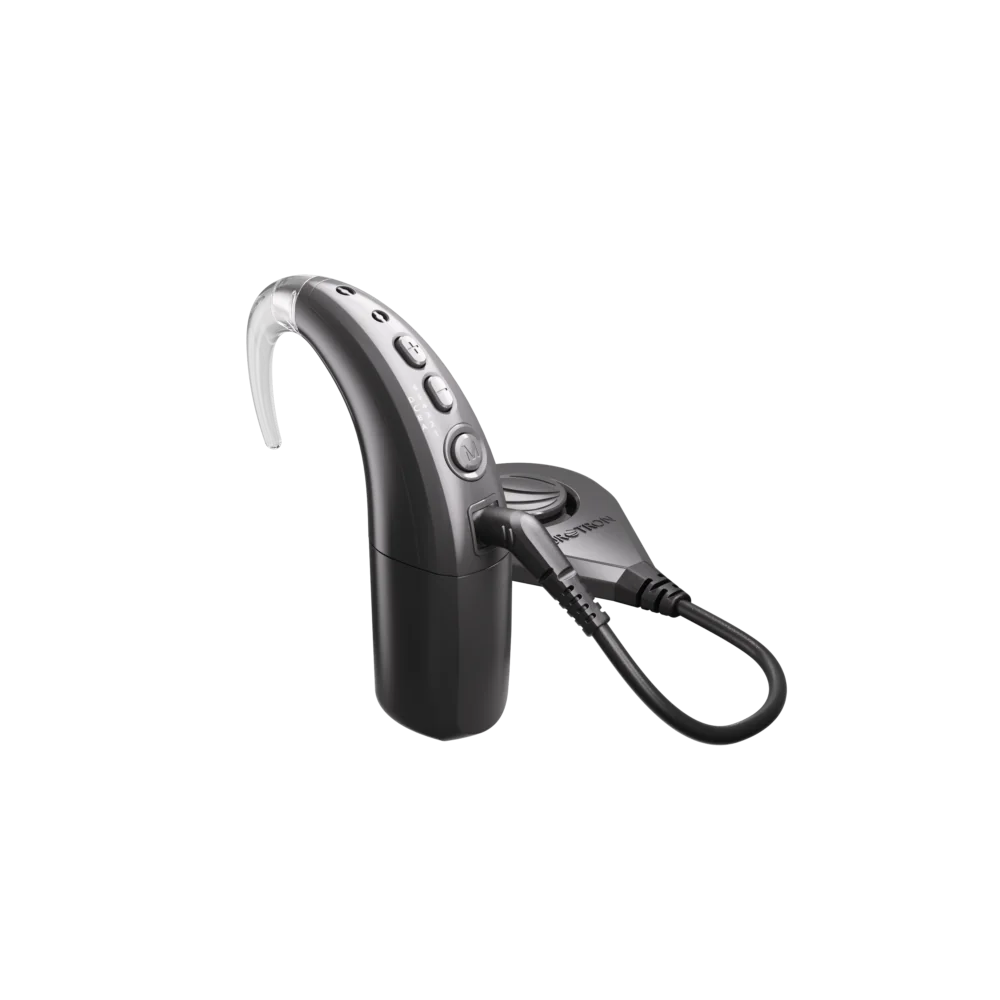
The advent of cochlear implant speech processors has revolutionized the landscape of auditory rehabilitation, offering hope to individuals with profound hearing loss. As a resident of Vermont, I have witnessed firsthand the transformative impact these devices can have on communication and quality of life. This article delves into the intricacies of cochlear implant technology, particularly focusing on its applications in our local context.
Understanding Cochlear Implant Speech Processors
Cochlear implant speech processors serve as critical components in converting sound waves into electrical signals that stimulate the auditory nerve directly. These sophisticated devices are designed to enhance speech perception for users by filtering background noise and amplifying important sounds. In Vermont’s diverse acoustic environments—from bustling urban areas to serene rural landscapes—these processors play an essential role in facilitating effective communication. Moreover, advancements in digital signal processing algorithms continue to improve their performance, making them more adaptable to various listening situations.
Nurotron: A Pioneer in Cochlear Technology

Nurotron is at the forefront of developing innovative solutions within the realm of cochlear implants. Based out of China but gaining recognition globally, Nurotron focuses on creating high-quality speech processors that cater specifically to individual user needs. Their commitment to research and development has led to breakthroughs that enhance sound clarity and overall user experience. In Vermont, where access to advanced medical technologies can be limited due to geographical constraints, Nurotron’s products provide vital options for those seeking improved auditory capabilities.
Cochlear Implant Accessories: Enhancing User Experience
The effectiveness of cochlear implants is further augmented by a range of accessories designed for everyday use. From wireless connectivity options that allow seamless integration with smartphones and other devices to specialized ear molds ensuring comfort during prolonged wear, these accessories significantly enhance user satisfaction. Additionally, educational resources provided alongside these tools empower users with knowledge about optimizing their device usage in different settings—be it classrooms or social gatherings—in our vibrant communities across Vermont.
Conclusion
In conclusion, cochlear implant speech processors represent a significant advancement in audiological health care that continues evolving through technological innovation like those offered by companies such as Nurotron. The availability and enhancement of related accessories further enrich this experience for users throughout regions like Vermont where community support plays an integral role in successful adaptation post-implantation. As we move forward into an era marked by rapid technological progressions, it remains crucial that we foster awareness around these developments while advocating for accessibility among all individuals affected by hearing loss.
Click cochlear implant accessory.
